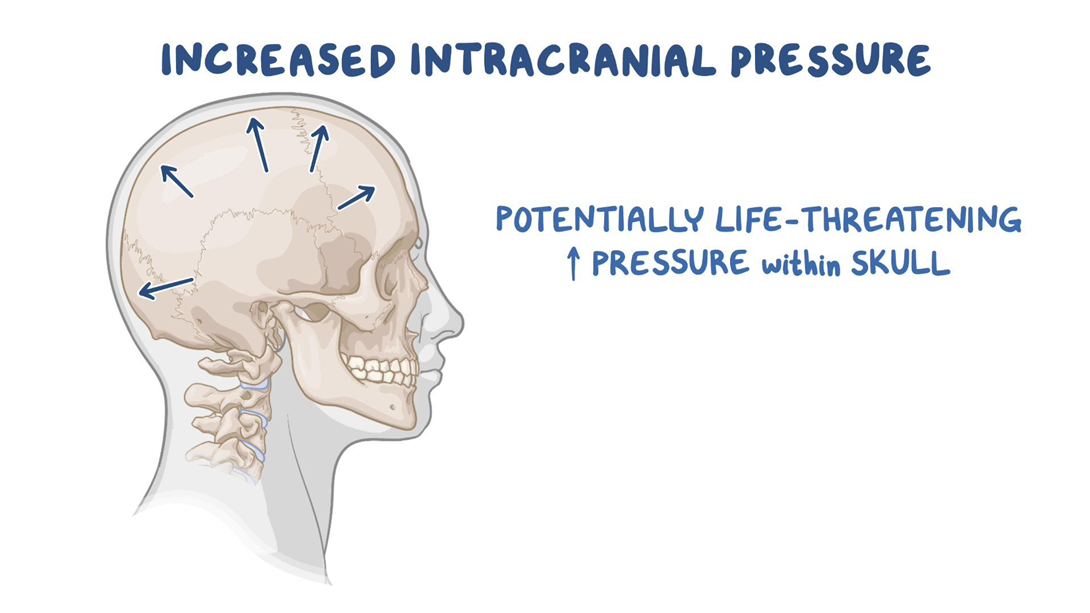Exhibits
The triage nurse does a rapid assessment of the client. Which data indicates the client is in need of immediate health interventions?
The client's age
The client's facial droop
The client's garbled speech
The client's alcohol consumption
The client's seafood intake
The Correct Answer is B
a) The client's age: The client is 70 years old, which puts her at a higher risk of having a stroke or other cardiovascular problems. Stroke is a medical emergency that requires prompt treatment to prevent brain damage and disability.
b) The client's facial droop: The client has a noticeable facial droop, which is a sign of facial nerve weakness or paralysis. This can be caused by a stroke, Bell's palsy, or other neurological conditions. Facial droop can affect the client's ability to speak, eat, and express emotions.
c) The client's garbled speech: The client has garbled speech, which means she has difficulty producing or understanding words. This can be caused by a stroke, brain injury, or other disorders that affect the language areas of the brain. Garbled speech can impair the client's communication and cognition.
d) The client's alcohol consumption: The client had a few drinks at a seafood restaurant, which may have interacted with her medications or medical conditions. Alcohol can increase the risk of bleeding, lower blood pressure, and worsen dehydration. Alcohol can also impair the client's judgment and coordination.
e) The client's seafood intake: The client ate seafood at a restaurant, which may have triggered an allergic reaction or food poisoning. Seafood allergies can cause symptoms such as hives, swelling, breathing difficulties, and anaphylaxis. Food poisoning can cause symptoms such as nausea, vomiting, diarrhea, and dehydration.
Nursing Test Bank
Naxlex Comprehensive Predictor Exams
Related Questions
Correct Answer is B
Explanation
Choice A reason: Obtaining a soft diet for the client is not the best initial nursing action for a client with chemotherapy-induced mucositis who is describing soreness of the tongue and oral issues. A soft diet can help reduce the irritation and discomfort of the oral mucosa, but it does not address the underlying cause of the inflammation and infection. The nurse should first assess the client's oral hygiene and provide appropriate interventions to prevent further complications.
Choice B reason: Encouraging frequent mouth care is the best initial nursing action for a client with chemotherapy-induced mucositis who is describing soreness of the tongue and oral issues. Frequent mouth care can help prevent or reduce the severity of mucositis by removing plaque, bacteria, and debris from the oral cavity, and by moisturizing and soothing the oral tissues. The nurse should instruct the client to use a soft toothbrush, a mild toothpaste, and a saline or bicarbonate rinse at least four times a day, and to avoid alcohol, tobacco, spicy, acidic, or hot foods and beverages.
Choice C reason: Cleansing the tongue and mouth with swabs is not the best initial nursing action for a client with chemotherapy-induced mucositis who is describing soreness of the tongue and oral issues. Swabs can be abrasive and damaging to the oral mucosa, especially if they are dry or contain alcohol or hydrogen peroxide. Swabs can also increase the risk of bleeding, infection, and ulceration of the oral tissues. The nurse should use a soft toothbrush or a gentle sponge to clean the tongue and mouth.
Choice D reason: Administering a topical analgesic per protocol is not the best initial nursing action for a client with chemotherapy-induced mucositis who is describing soreness of the tongue and oral issues. A topical analgesic can provide temporary relief of pain and discomfort, but it does not address the underlying cause of the inflammation and infection. The nurse should first assess the client's oral hygiene and provide appropriate interventions to prevent further complications. The nurse should also monitor the client's response to the analgesic and report any adverse effects or inadequate pain control.
Correct Answer is A
Explanation
Choice A reason: Pupillary changes to ipsilateral dilation indicate increased intracranial pressure, which is a life-threatening complication of stroke. The nurse should notify the physician and prepare for emergency measures.

Choice B reason: Left-sided facial drooping and dysphagia are common signs of right hemisphere stroke, but they do not require immediate intervention by the nurse. The nurse should monitor the patient's swallowing ability and provide oral care.
Choice C reason: Orientation to person and place only is a sign of impaired cognition, which is also common in right hemisphere stroke. The nurse should assess the patient's memory, judgment, and attention span.
Choice D reason: Unequal bilateral hand grip strengths are a sign of hemiparesis, which is a weakness on one side of the body. The nurse should assist the patient with mobility and prevent contractures.
Whether you are a student looking to ace your exams or a practicing nurse seeking to enhance your expertise , our nursing education contents will empower you with the confidence and competence to make a difference in the lives of patients and become a respected leader in the healthcare field.
Visit Naxlex, invest in your future and unlock endless possibilities with our unparalleled nursing education contents today
Report Wrong Answer on the Current Question
Do you disagree with the answer? If yes, what is your expected answer? Explain.
Kindly be descriptive with the issue you are facing.
